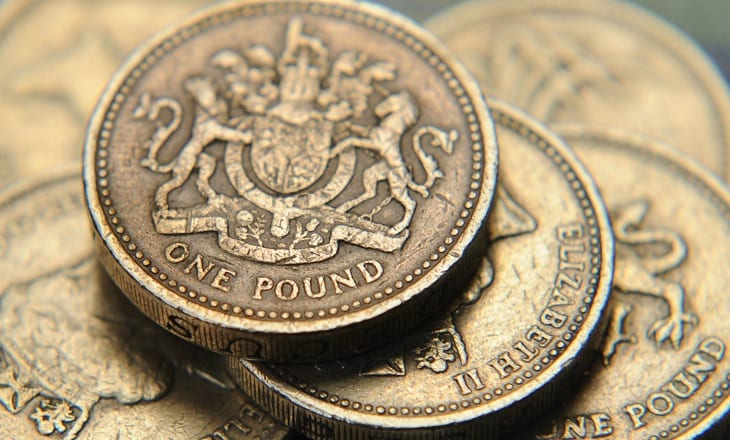The following article was written by Ipek Ozkardeskaya, Senior Market Analyst at FCA regulated broker London Capital Group Holdings plc (LON:LCG).

Ipek Ozkardeskaya, LCG
Pound traders are torn between two major opposite forces. In one hand, the Brexit shenanigans and the deterioration of the atmosphere among the Tories continues weighing on the sentiment in the pound markets. On the other hand, the uncontrollable surge in British consumer prices reinforce the Bank of England (BoE) hawks’ hand and injects upside pressures to a market where political and economic uncertainties loom.
Pound a year after hitting the bottom
The pound lost more than 20% in the aftermath of the Brexit referendum against the US dollar and more than 30% against the euro. A rough recovery is underway a year after Cable hit the bottom due to a flash crash on October 7, 2016.
High inflation is the major bullish driver
The massive pound depreciation caused a significant rise in the UK’s inflation. The headline consumer price inflation rose from 0.6% year-on-year in July 2016 to 2.9% last month. The wages growth lagged, weighing on British households’ purchasing power. Yet against all expectations, the gap between the price and wages inflation couldn’t temper the inflationary pressures in the UK.
UK inflation approaches the 3% threat
The UK consumer price index advanced to 2.9% in August, a stone’s throw below the critical 3% level. The September data is due on October 17.
If the inflation exceeds the 3% level, the BoE Governor Mark Carney will be asked to write an open letter to the Chancellor to explain the divergence between the current inflation and the 2% mandate target.
As a result, we observe that the UK’s inflation advanced to such a critical level that there is no margin left for carrying on with the BoE’s current loose monetary policy. There is a rising speculation that he BoE could raise rates as soon as next month’s meeting. The probability of a November rate hike stands at 76%, up from slightly above 10% at the beginning of September.
The first rate hike in more than a decade would come not because the UK economy is doing well, but because the inflation is out of control due to the Brexit situation. Therefore, the enthusiasm regarding the BoE rate hike is relatively less compared to the Federal Reserve’s, which is tightening the monetary conditions based on encouraging economic fundamentals.
Either way, the BoE hawks lie in wait to underpin the pound recovery in case of a solid inflation read on Tuesday, October 17.
Brexit impasse, a leading sell-off risk
The Brexit negotiations are difficult as the British and European policymakers have hard time finding a common ground to figure out a satisfactory Brexit plan and a post-Brexit partnership deal.
There are rising suspicions that PM Theresa May may not be fully convinced by the Brexit herself. Tensions at the heart of the Tories are rising and there are talks of a cabinet reshuffle after May’s Brussel meeting on October 19/20.
May recently warned that the Brexit could happen without a deal and asked businesses to get prepared for the worst. A no-deal scenario would throw the pound and the FTSE into a renewed chaos.
